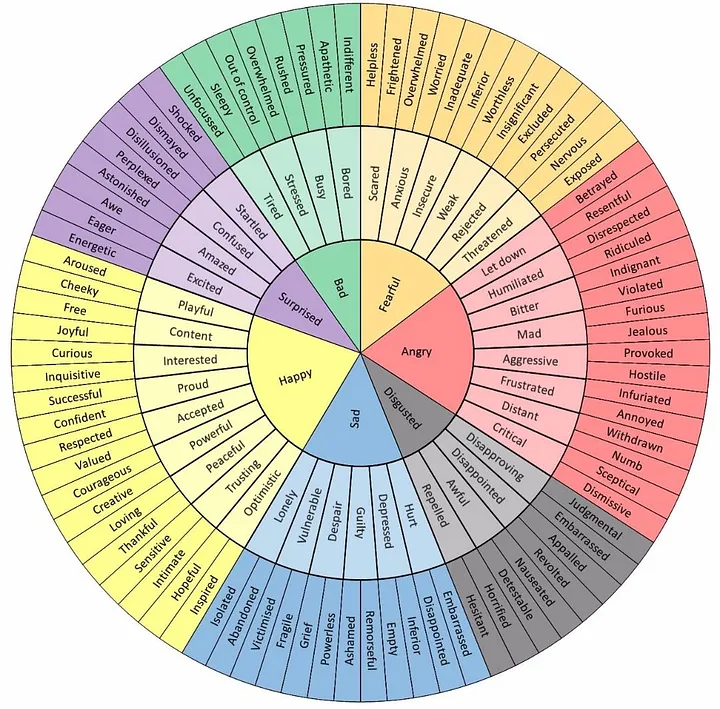Mental Health
Why you need to feel your feelings
Mental Health
Why you need to feel your feelings


Going through fertility treatment often comes with a lot of highs and lows.
While it can be easier to embrace the highs, it can be more uncomfortable, scary, and painful to feel the lows. It’s normal and understandable to want to avoid painful feelings. Not only does it feel bad, but we’re also not socialized to express many feelings, especially negative ones. We are taught to put a positive spin on things, to ‘chin up,’ that ‘boys don’t cry’, and that our feelings aren’t always valid, important, or acceptable.
So many people tell me that they “shouldn’t” be feeling a certain way or that they feel guilty or stupid for being sad, angry, upset, grieved, or scared. The shame around your feelings is only going to compound them and make them feel even less tolerable than they already do. And while it’s tempting to push down all your feelings to make them go away, this ultimately will have the opposite effect as feelings usually find some way to express themselves. Often, the most effective way to alleviate your feelings is to recognize them, name them, and allow yourself to feel your way through them.
Why Do I Need to Feel All My Feelings?
Ok, So How Do I Feel My Feelings?
So, when I say you need to feel your feelings, what does that even mean? Identifying, sitting with, and ultimately expressing your feelings is an important part of healing from pain, moving through stressful experiences, and showing yourself self-compassion and self-care. There are no bad emotions and you have every right to feel whatever it is that you’re feeling.
All of this takes practice. The more frequently you can name, sit with, and express your feelings, the easier it will become. Feeling your feelings allows you to move through them and ultimately will make them easier to tolerate. Remember, whatever you are feeling is OK!

Elisa Gores, Twig’s in-house Reproductive Counsellor, is a Registered Social Worker with the Ontario College of Social Workers and Social Service Workers (OCSWSSW). Elisa is also a trained relationship and sex therapist. If you would like to meet with her to discuss any of these issues, you can book a counselling session here.